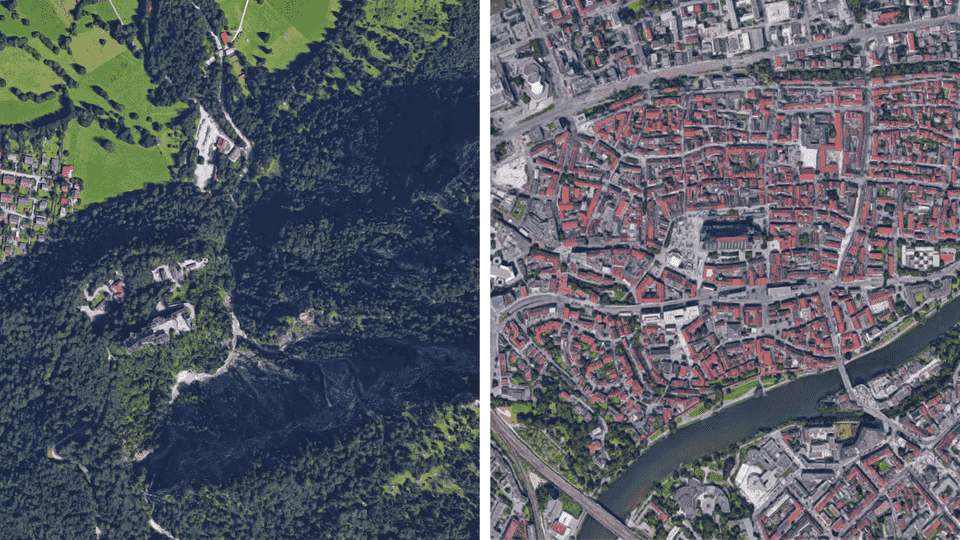tourism control
According to the EU Commission, Airbnb and Co should provide the authorities with more data
The EU states and the EU Parliament are discussing proposals for data exchange between Internet platforms such as Airbnb and local authorities.
© ZUMA Wire / Imago Images
How can popular travel destinations better prepare for the onslaught of tourists? The EU Commission sees an approach to the transmission of booking data from accommodation brokers such as Airbnb.
According to a draft law by the EU Commission, cities and municipalities should receive more data from Airbnb and other providers in order to be better prepared for crowds of tourists. Short-term rentals accounted for a quarter of all tourist accommodation, said an EU official in Brussels.
However, rentals through platforms such as Airbnb or Booking.com made it very difficult to predict how many tourists would arrive. There are some complaints from local authorities about too much tourism, according to the EU Commission.
In individual cases, European cities had already taken action. In Amsterdam, for example, a registration requirement for Airbnb came into force last year to curb mass tourism.
The innovations are intended to enable cities and municipalities to better prepare themselves in the future. In concrete terms, this should be achieved by communicating how many guests are staying and for how long. With the new data, for example, offers such as waste disposal, but also opening times of tourist information or timing of waste disposal can be better regulated.
Obligation to report to the authorities
In addition, hosts must register their accommodations with the authorities, which should also contribute to safety for consumers. The EU Commission does not expect any additional costs for guests.
Not only online giants like Airbnb or Booking.com, but also smaller platforms should be affected by the new rules. Providers with fewer than 2,500 hosts per month on average may fall under relaxed rules.
Those who do not comply with the planned requirements should be able to be penalized by national authorities. Whether these are fines or other measures is at the discretion of the respective EU states. The new elements should also lead to more sustainable tourism.
Now the EU states and the EU Parliament must discuss the proposals. Only when both institutions agree can the project become law in the EU. In addition, a transitional period of two years is planned in order to establish ways of exchanging data.
Also read:
– How Booking.com fails cheated customers
– Scandal at Booking.com: board members collect bonuses of 28 million euros
– Frustration instead of a holiday home: Scammers trick dozens of German holidaymakers




